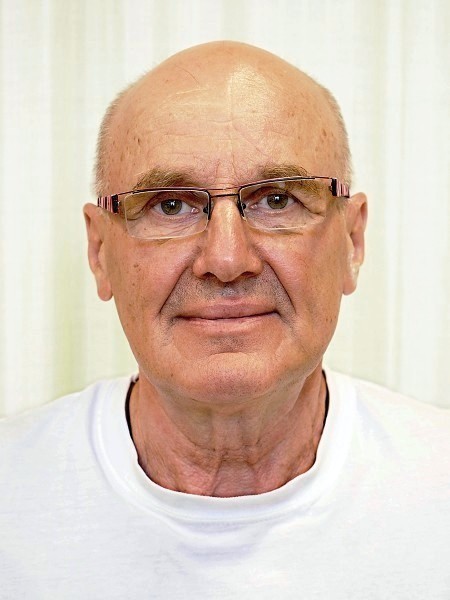Ischemic heart disease is the main cause of mortality worldwide. We study cardiac tolerance to injury caused by acute oxygen deprivation from the molecular level to the whole organism using animal models. Our research is focused mainly on the study of mechanisms that underlie:
- high cardiac tolerance to injury early ontogeny,
- increased cardiac tolerance induced by adaptation to chronic hypoxia and regular exercise training,
- permanent consequences of early developmental interventions for cardiac tolerance in adulthood,
- and altered cardiac tolerance associated with various pathological states.
Further we study heart development with special emphasis on the cardiac conduction system. Our current research is focused on the following projects:
- elucidating cardiac conduction system formation with phylogenetic approaches,
- dynamic imaging methods for cardiac conduction system,
- and development of new methods for quantitative analysis of fibrous structures to study branching patterns of the coronary vessels and cardiac conduction system.
13th conference New Frontiers in Basic Cardiovascular Research
Projects
This projects aims to obtain new insights into cardiac conduction system formation through comparative morphological and physiological approach.
More
The immature heart is highly tolerant to ischemic injury, but chronic oxygen deficit during early ontogeny may have negative consequences that persist till adulthood. We study mechanisms responsible for developmental changes of cardiac ischemic tolerance.
More
Systemic hypertension is a major risk factor of ischemic heart disease. However, it can also stimulate mechanisms that protect the heart against acute oxygen deprivation. We study the effects of various forms of hypertension on cardiac ischemic tolerance.
More
Prolonged exposure to hypoxic environment leads to adaptation which is associated with improved cardiac tolerance to acute oxygen deprivation. We study molecular mechanisms underlying the cardioprotective effects of chronic hypoxia on various manifestations of ischemic injury.
More
Publications
Sedmera; David
.
HLHS: Power of the Chick Model
.
Journal of cardiovascular development and disease. 2022; 9(4)); 113
.
IF = 4.415
[ASEP]
[
doi
]
Sedmera; David
.
Mass cytometry imaging in physiology
.
Acta Physiologica. 2022; 235(2)); e13822
.
IF = 7.523
[ASEP]
[
doi
]
Olejníčková; Veronika - Kolesová; Hana - Bartoš; M. - Sedmera; David - Gregorovičová; Martina
.
The Tale-Tell Heart: Evolutionary tetrapod shift from aquatic to terrestrial life-style reflected in heart changes in axolotl (Ambystoma mexicanum)
.
Developmental Dynamics. 2022; 251(6); 1004-1014
.
IF = 2.842
[ASEP]
[
doi
]
Němčáková; Ivana - Litvinec; Andrej - Mandys; V. - Potocký; Štěpán - Plencner; Martin - Doubková; Martina - Naňka; O. - Olejníčková; Veronika - Šaňková; Barbora - Bartoš; M. - Ukraintsev; E. - Babčenko; O. - Bačáková; Lucie - Kromka; Alexander - Rezek; B. - Sedmera; David
.
Coating Ti6Al4V implants with nanocrystalline diamond functionalized with BMP-7 promotes extracellular matrix mineralization in vitro and faster osseointegration in vivo
.
Scientific Reports. 2022; 12(1)); 5264
.
IF = 4.996
[ASEP]
[
doi
]
Marković; Aleksandra - Tauchmannová; Kateřina - Šimáková; Miroslava - Mlejnek; Petr - Kaplanová; Vilma - Pecina; Petr - Pecinová; Alena - Papoušek; František - Liška; František - Šilhavý; Jan - Mikešová; Jana - Neckář; Jan - Houštěk; Josef - Pravenec; Michal - Mráček; Tomáš
.
Genetic Complementation of ATP Synthase Deficiency Due to Dysfunction of TMEM70 Assembly Factor in Rat
.
Biomedicines. 2022; 10(2)); 276
.
IF = 4.757
[ASEP]
[
doi
]
Show more


















